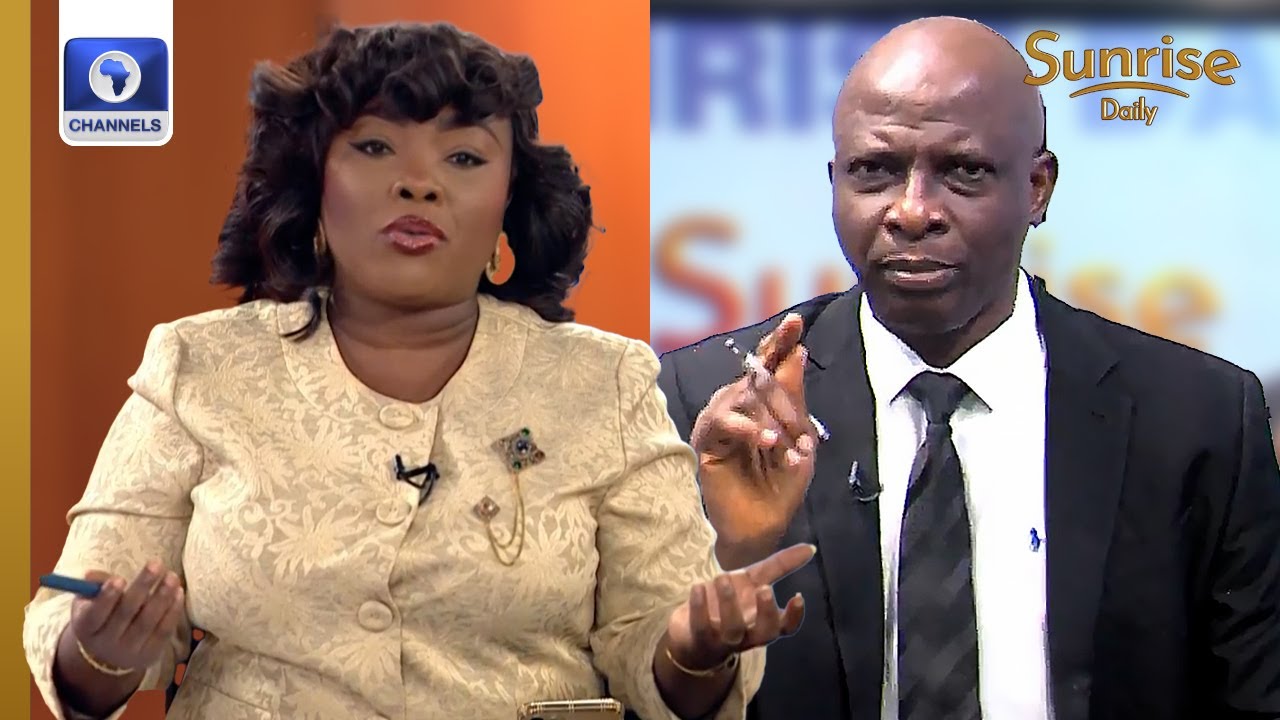Veteran Nollywood actor and lawyer, Kenneth Okonkwo, has raised serious concerns over what he describes as a questionable ₦22 billion CCTV installation budget in the Rivers State House. Speaking during an appearance on Channels Television, Okonkwo called for an immediate investigation into the allocation, alleging financial mismanagement under the state’s emergency administration.
Questionable Spending During Emergency Rule
Okonkwo criticized what he termed external interference in Rivers State’s governance during the emergency period. He pointed out that major federal decision-makers who shaped the state’s affairs came from outside Rivers State, including the President, Senate President, Speaker of the House of Representatives, and Chief Justice of the Federation.
According to him, this outside influence has led to policies and expenditures that appear “exploitative” rather than beneficial to the people of Rivers State.
₦22 Billion CCTV Budget Under Fire
The actor-lawyer specifically cited the ₦22 billion CCTV project as an example of what he views as excessive spending. Using a vivid metaphor, he asked, “Are you trying to see the private part of an ant?” to highlight his disbelief at the scale of the allocation.
Okonkwo questioned the necessity and transparency of the project, insisting it may be a cover for siphoning public funds. He argued that spending such a large sum on surveillance cameras in the state house defies logic and accountability.
Call for Transparency and Accountability
Okonkwo urged that the official overseeing the emergency administration, identified as Ibas, should be investigated. He emphasized that principles of democracy—such as accountability, transparency, inclusiveness, and innovation—must guide public spending, especially during times of crisis.
Broader Implications for Governance
The ₦22 billion CCTV project remains one of the most specific allegations of questionable spending to emerge from Rivers State’s emergency period. Okonkwo’s call for an investigation underscores growing public demand for fiscal transparency and responsible leadership.


![Kenneth Okonkwo Questions ₦22B CCTV Budget; Are you trying to see the private parts of ants? [VIDEO]](https://nationscuriosity.com/wp-content/uploads/2025/09/1758626704907-600x375.jpg)
